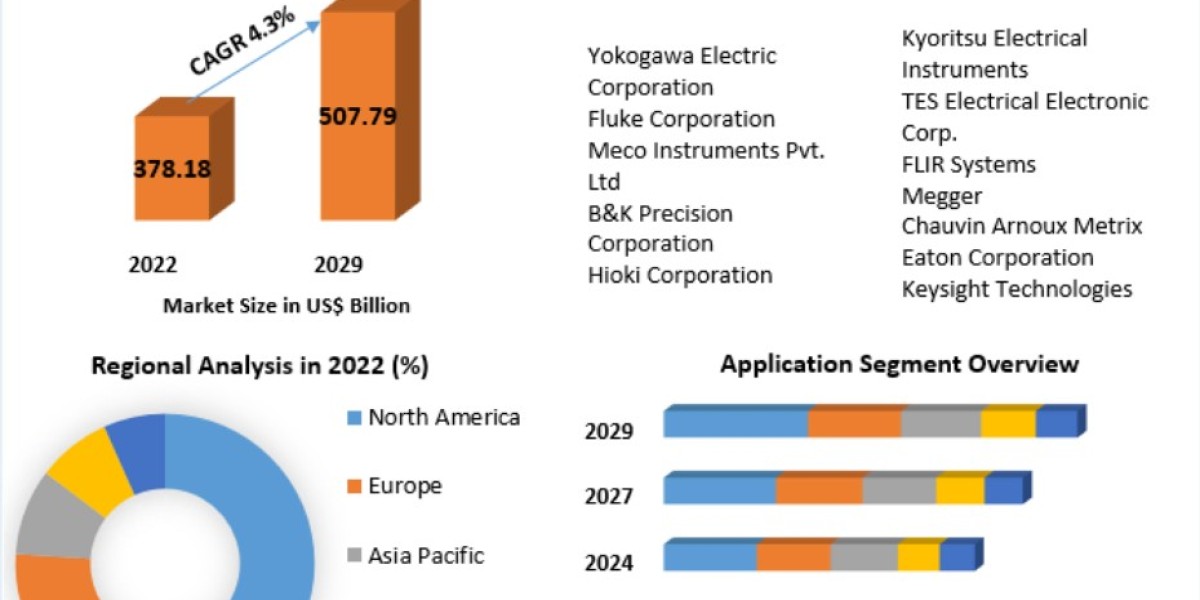The production planning function in any manufacturing unit plays a critical role in ensuring efficient operations, timely deliveries, and resource optimization. As industries evolve and embrace technological advancements, having the right skills to manage production processes is essential. For professionals in manufacturing or those aspiring to join the field, enrolling in an SAP PP course can be a game-changer. This course equips learners with specialized skills to manage production planning within SAP's ERP system, streamlining workflows, reducing costs, and enhancing productivity. In this blog, we will dive deep into what to expect from an SAP PP course, covering its key modules, topics, certification process, and how it can shape your career in production planning.
The Aim of the SAP PP Course
The SAP PP Course in Mumbai is designed to provide individuals with the knowledge and skills to efficiently manage production planning, scheduling, and control in a manufacturing environment. The course covers essential concepts such as material requirement planning (MRP), capacity planning, shop floor control, and production orders. By the end of the course, participants are equipped to optimize production processes, manage resources effectively, and reduce operational bottlenecks.
This course is suitable for individuals who want to advance their careers in production management, supply chain management, or ERP consulting. It is also ideal for those who work in industries that rely on efficient production processes, such as automotive, pharmaceuticals, FMCG, and heavy machinery.
Key Modules Covered in the SAP PP Course
A comprehensive SAP PP course will cover a wide range of modules that are critical to production planning and control. These modules offer a detailed understanding of the various functions involved in managing the production lifecycle. Some of the key modules include:
- Master Data in SAP PP: This module focuses on understanding the various types of master data used in SAP PP, such as material master, BOM (Bill of Materials), work centers, and routing. Master data is the foundation of any SAP system, and a thorough understanding of this module is essential for successful production planning.
- Demand Management: This module teaches how to forecast and manage demand for products. It involves creating demand programs and aligning production schedules with customer demands to avoid overproduction or underproduction.
- Material Requirement Planning (MRP): One of the core aspects of the SAP PP course, this module explains how to calculate the materials and resources required to meet production demands. It covers topics such as MRP types, lot-sizing procedures, and planning runs.
- Capacity Planning: Capacity planning ensures that production capacity meets the required demand. This module helps participants learn how to manage work centers and machines, ensuring that production operations are efficient and do not exceed capacity limits.
- Shop Floor Control: In this module, learners are trained in monitoring and controlling production processes. It covers topics such as order release, order confirmation, and production scheduling.
- Production Orders: This module focuses on managing and optimizing production orders to ensure smooth execution. Participants will learn how to create, release, and track production orders.
Topics Covered in the SAP PP Course Syllabus
The SAP PP course syllabus is structured to cover both theoretical concepts and practical applications, giving participants a holistic learning experience. Some of the key topics you can expect to learn include:
- Introduction to SAP and ERP: Understanding the basics of SAP, the significance of ERP systems, and how SAP PP integrates with other modules such as Material Management (MM) and Sales and Distribution (SD).
- Master Data in SAP PP: Detailed insights into material master, BOM, routing, and work centers.
- Demand Planning and Forecasting: Learning how to plan production based on market demand and forecast sales.
- Material Requirement Planning (MRP): Understanding the process of calculating the required materials to meet production schedules.
- Capacity Planning and Management: Techniques for ensuring production resources are used optimally.
- Shop Floor Control: Managing day-to-day production activities and monitoring work-in-progress.
- Integration with Other SAP Modules: How SAP PP integrates with other SAP modules to ensure a seamless flow of information across the organization.
The SAP PP Course Syllabus ensures that participants gain both a theoretical understanding and practical skills needed for real-world application in production environments.
Certification and Career Opportunities
After completing the SAP PP course, participants will be required to pass an examination to earn their certification. The SAP PP Training Certificate in Mumbai is recognized globally and adds significant value to your resume. Certification not only demonstrates your proficiency in SAP PP but also sets you apart from other candidates when applying for jobs. It serves as a testament to your expertise and increases your credibility in the eyes of employers.
Once certified, there are numerous career opportunities available. Some of the roles you can pursue include:
- SAP PP Consultant: SAP PP consultants are responsible for implementing and customizing the SAP PP module according to the specific needs of the client. This role involves working closely with organizations to optimize their production planning processes.
- Production Planner: In this role, you will be responsible for creating and managing production schedules, ensuring that production goals are met within the specified timeframes.
- Supply Chain Manager: Leveraging SAP PP skills, supply chain managers oversee the flow of goods and materials from suppliers to customers, ensuring efficiency and minimizing costs.
- Operations Manager: As an operations manager, you will oversee production activities, ensuring that operations run smoothly, and use your SAP PP knowledge to optimize resource allocation and production schedules.
With industries constantly evolving, the demand for SAP PP-certified professionals is on the rise. Completing an SAP PP course in Mumbai can open doors to lucrative job roles with opportunities for rapid career advancement.
SAP PP Course Fee and Training Institutes
One of the key considerations when choosing an SAP PP course in Mumbai is the SAP PP course fee. The fee structure can vary depending on the duration of the course, the expertise of the instructors, and the training institute. Typically, the SAP PP course fee ranges from moderate to high, reflecting the comprehensive training and certification provided. It’s crucial to compare fees across different institutes to find one that fits your budget while offering quality education.
When choosing an SAP PP Training Institute in Mumbai, make sure to consider factors such as the quality of instruction, hands-on experience, and placement support. A good training institute will provide access to real-time SAP systems, practical case studies, and interactive sessions to ensure a thorough understanding of production planning within SAP PP.
Click the live to Read Our Blogs:- https://connectingdotserp.in/top-20-companies-you-can-target-after-your-sap-course/
Conclusion
Enrolling in an SAP PP course is a strategic step toward advancing your career in production planning and manufacturing. With a well-structured syllabus covering key topics such as material requirement planning, demand management, and shop floor control, this course provides a solid foundation for managing production processes effectively. Completing the course and earning an SAP PP Training Certificate in Mumbai not only enhances your credibility but also opens up numerous career opportunities in industries that rely on efficient production planning.
Whether you're considering an SAP PP course in Mumbai, exploring the best SAP PP Training Institute in Mumbai, or comparing the SAP PP course fee, it’s important to make an informed decision that aligns with your career goals. By investing in your education and gaining expertise in SAP PP, you position yourself as a valuable asset in the production and manufacturing sectors.



